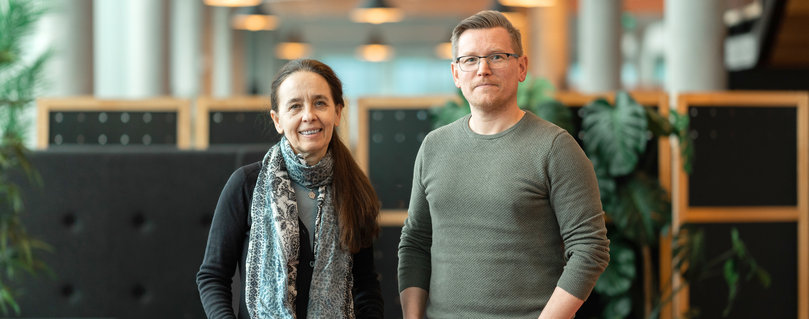AI research for the good of society

AI research at BTH focuses on the safe and efficient operation of software and cloud-based systems. Our researchers are also interested in data privacy in digital societies and data related to crime and safety.
BTH conducts a substantial amount of research in artificial intelligence and machine learning. One of those involved is Martin Boldt, associate professor of Computer Science. He has been running a project in collaboration with Malmö University and the Swedish Police since 2020, in which the goal is to reduce crime in Malmö through analysis of data related to security.
“The project constitutes the world’s largest study of video surveillance. We are investigating the extent to which cameras in Sweden prevent crime, increase the sense of security, and affect the ability of the police to solve crime. The aim is to develop analytical tools that create greater opportunities for police camera teams to combine their knowledge with more data to achieve better outcomes, for example in the deployment of new cameras,” says Martin Boldt.
Research colleague, Professor Veselka Boeva takes a different approach. She is a part of the major research project Human-Centered Intelligent Realities, which is supported by the Knowledge Foundation.
“The project aims to develop concepts, methods and tools for human-centered intelligent reality systems. It is well keeping with the European AI research that aims to improve quality of life for people, contrasting with that in the US and China, where the main focus is commercial,” says Veselka Boeva, professor of Computer Science.
Her team focuses on “Adaptive and Distributed AI for Intelligent Realities” – research that matches well with Sweden’s AI strategy. The team also investigates how AI solutions can be made more accessible and reliable for users within different applied domains, e.g. healthcare.
5 October 2023